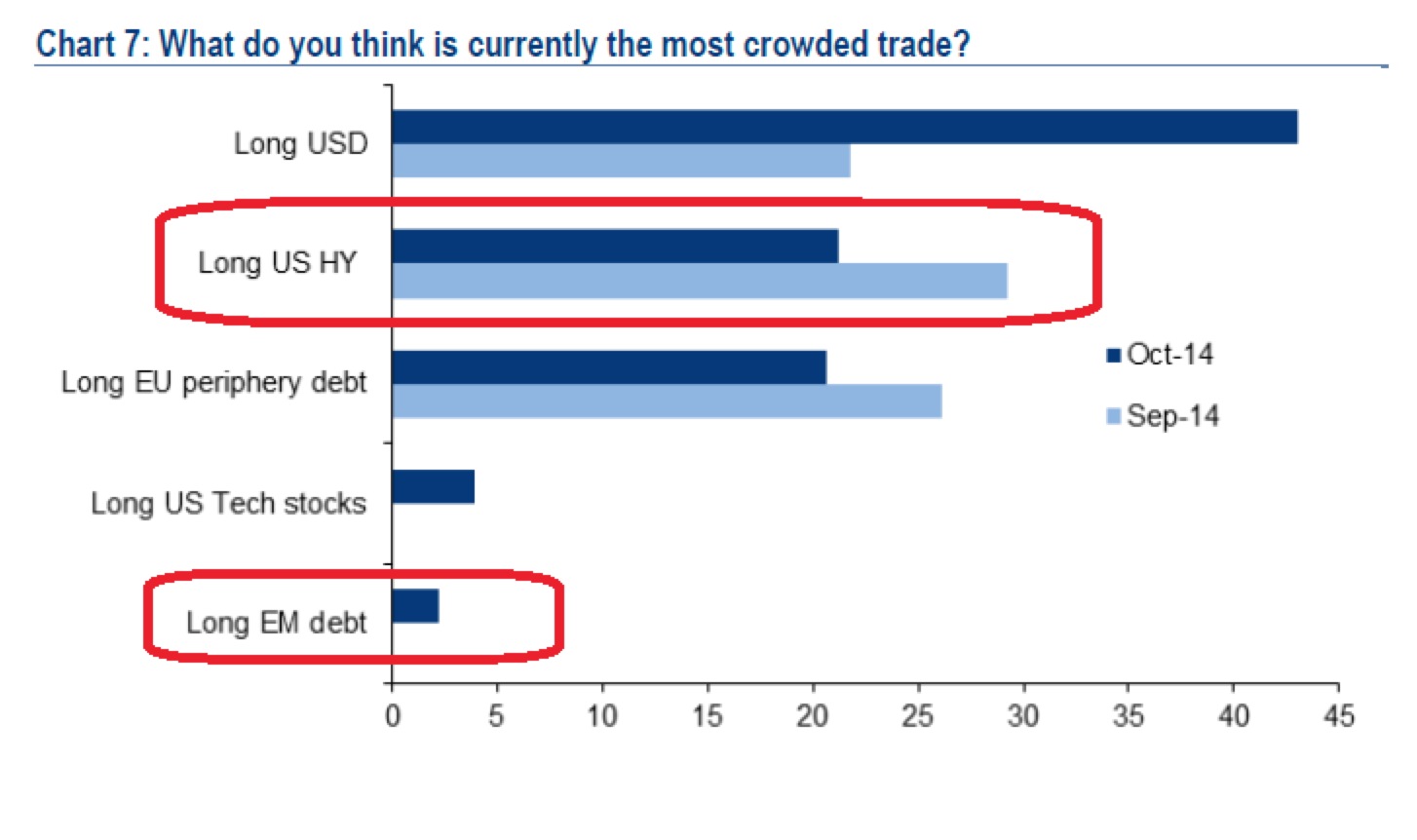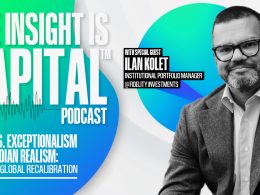While Rick Rieder believes that the Federal Reserve (Fed) is likely to begin raising rates sooner than the market expects, he explains one reason why rates are still likely to be low for long.
by Rick Rieder, Chief Investment Officer of Fundamental Fixed Income, Blackrock
While I believe that the Federal Reserve (Fed) is likely to begin raising rates sooner than the market expects, rates are still likely to be low for long.
What do I mean by that? I expect that the pace of rate normalization will be slower than in past hiking cycles and more importantly, that the ultimate destination of rates will be lower than in previous periods of rate hikes.
While there are many reasons behind my longer-term rate outlook, including the pace of economic growth and the Fed’s targeted objectives, one reason in particular is worth highlighting: Technological change.
As my fellow authors and I write in our new BlackRock Investment Institute paper, Interpreting Innovation, the rapid pace of technological change today is helping to put a lid on U.S. job and wage growth. As a result, given that the Fed is focused on slack in the U.S. labor market as a rate-hike gauge, its next tightening cycle is likely to be gentler than in the past – with rates peaking at a lower level
So what do I mean by technological change? Inventions are moving from the drawing board to widespread use faster than ever before. Repetitive tasks in manufacturing are now performed mostly by machines, and we could be at a tipping point in adoption of robotic technology, which is getting cheaper and smarter. At the same time, it’s hard to miss the ongoing exponential increases in computer power, machine learning and data analysis capabilities.
There already are signs these changes are impacting growth in the jobs market – and are likely to continue to do so. Robots are becoming competitive with low-cost labor in many industries. Enhanced computing power and cheaper components such as sensors have broadened the potential for automation. In fact, software and algorithms are starting to replace humans even in professions that need cognitive skills (think insurance claims processing and legal research).
By many measures, labor markets in the U.S., U.K. and Japan have been on the mend since the financial crisis, as our BlackRock Jobs Barometer shows. But thanks to the technology-related productivity gains that require fewer workers, structural unemployment remains elevated and broad-based wage growth is suppressed.
The upshot: If automation and computerization are dampening jobs growth, then employment may not return to previous peaks any time soon. In other words, the hurdles holding back the labor market may be structural rather than cyclical, and will require fiscal, rather than monetary, policy solutions. I believe that the Fed will eventually come around to this point of view.
If the Fed believes that unemployment is mostly cyclical, it may wait to raise rates. Yet the central bank could be waiting a very long time for displaced workers to re-enter the labor force. Wages (and inflation) could start to rise in pockets of the economy – despite some employment gauges still showing plenty of slack. The central bank could then fall behind the curve – and eventual rate rises would be fast and furious.
In contrast, if the Fed believes weakness in the labor market is structural, as I believe it will ultimately decide, it would likely raise rates earlier than markets expect, but rate hikes would be gradual – and shallower. This is the scenario I expect to occur.
In addition, soft nominal growth means the destination for the fed funds rate will likely be lower than in the past; I believe the ceiling will be near a 3% neutral funds rate versus the historic 4%.
To be sure, it’s hard to predict the exact impact that technology will have on the job market, and there are factors that could arrest the long-term downtrend in rates. However, demand from pension funds and the like, along with limited supply, should also help cap any big rises in long-term interest rates.
Source: BlackRock Research
Rick Rieder, Managing Director, is BlackRock’s Chief Investment Officer of Fundamental Fixed Income, is Co-head of Americas Fixed Income, and is a regular contributor to The Blog. You can find more of his posts here.
This material represents an assessment of the market environment at a specific time and is not intended to be a forecast of future events or a guarantee of future results. This information should not be relied upon by the reader as research or investment advice regarding the funds or any security in particular.
©2014 BlackRock, Inc. All rights reserved. iSHARES and BLACKROCK are registered trademarks of BlackRock, Inc., or its subsidiaries. All other marks are the property of their respective owners.
iS-13616















